Here is AAP on the NSW appeal court ruling on this weekend’s planned anti-genocide march:
A planned pro-Palestine march set to end at the Sydney Opera House has been scuppered after a court ruled the risk to public safety was too great.
The decision on Thursday, which allows officers to move on or arrest those in the iconic landmark’s forecourt, comes after NSW Police challenged the Palestine Action Group’s proposed protest in the NSW Court of Appeal.
The organisers are now pivoting to a new location after estimating about 40,000 people would have joined the march through Sydney’s city centre to the steps of the famed waterside landmark.
Justice Stephen Free said a protest of that size would have “given rise to a risk of crowd crush”, which was the unanimous view of the court, he said.
The appeal court judges pointed to the “exceptional risks associated with the particular route and ultimate destination of the procession” combined with the crowd size and its movements.
That informed the “court’s conclusions as to the unacceptable nature of those risks”.
The absence of consultation on how organisers would address risk factors, including emergency vehicle access, reinforced the court’s concerns.
“It is not a question of hoping for the best or hoping that things don’t go wrong,” they said.
Chief Justice Andrew Bell raised concerns over crowd safety during Wednesday’s hearing, pointing to the 1989 Hillsborough crowd crush disaster and evidence the Opera House forecourt could only safely accommodate 6000 people.
“The court proceedings did not go our way today and we won’t be marching to the Opera House,” Palestine Action Group organiser Damian Ridgwell told reporters after the decision.
“But we know courts often get things wrong.”
He said Sunday’s demonstration would instead head down George Street in Sydney’s city centre in cooperation with police, urging leaders to light the Opera House sails in the colours of the Palestinian flag.
“Our right to protest is paramount in a democratic society,” Mr Ridgwell said.
Nick Hanna, a lawyer for the organisers, characterised the legal showdown as a “David vs Goliath battle” after the Opera House Trust, Botanic Gardens and Jewish groups all gave evidence supporting the police court challenge.
He warned anyone thumbing their nose at the decision and rallying at the Opera House forecourt on Sunday could be considered in contempt of court.
NSW has a permit system that allows protest participants to block public roads and infrastructure unless a court denies permission after a police challenge.
Premier Chris Minns welcomed the court for making the “right decision”.
“It’s very important and very clear from this judgement that the protest should not take place down at the Sydney Opera House,” he told reporters.
Organisers had pointed to previous non-ticketed events at the Opera House, like popular light show Vivid, that were managed capably.
In the 1990s, Australian-New Zealand band Crowded House performed on the steps of the Opera House to a crowd of 100,000 people, Palestine Action Group noted in a post on social media.
But the court said entry points to the forecourt and requirements for security checks would have pushed protesters into a tight space that could lead to crowd crush.
Palestine Action Group has been organising weekly rallies for two years since Israel’s military assault on Gaza began in 2023.
The Israeli response came after 1200 people were killed and about 250 were taken hostage during a surprise attack by Hamas, which Australia deems a terrorist organisation, on October 7 that year.
The subsequent war has killed more than 67,000 Palestinians, according to Gaza’s Health Ministry.



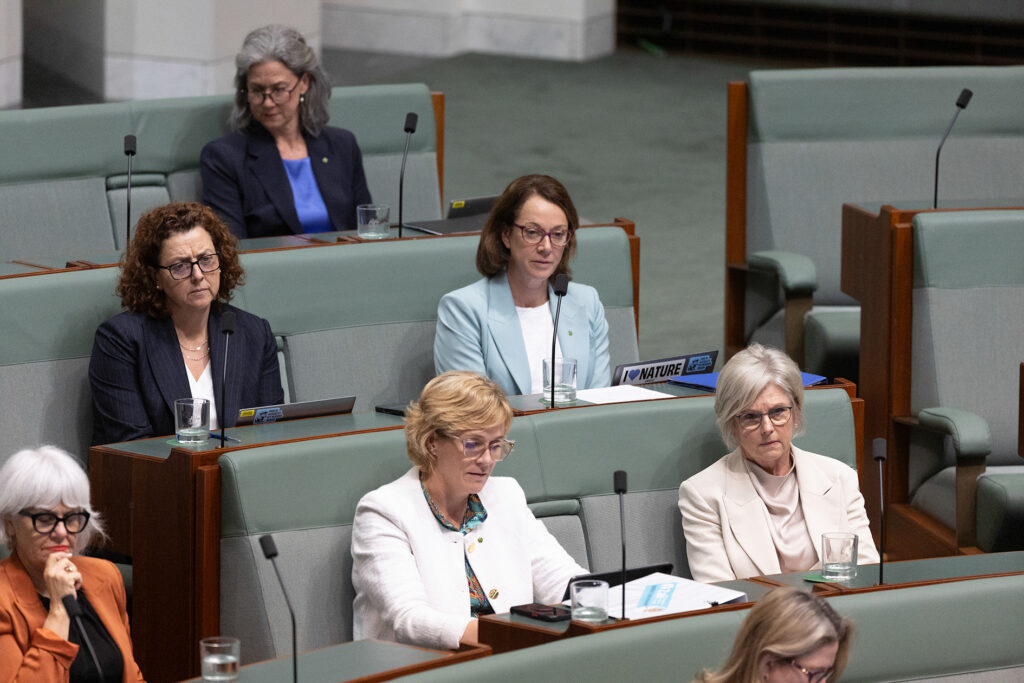
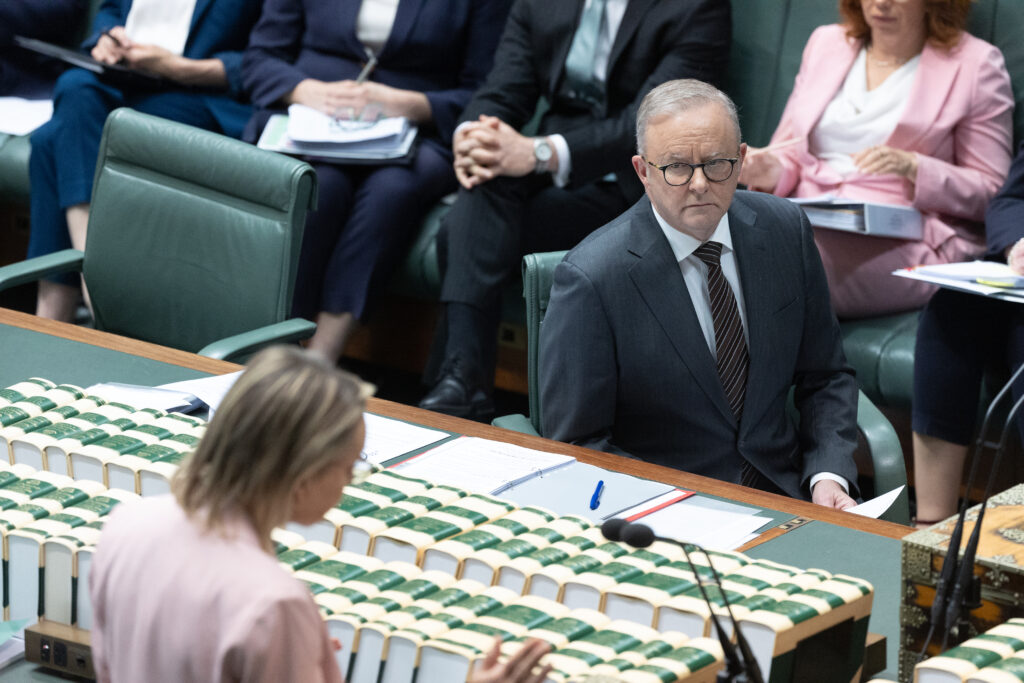
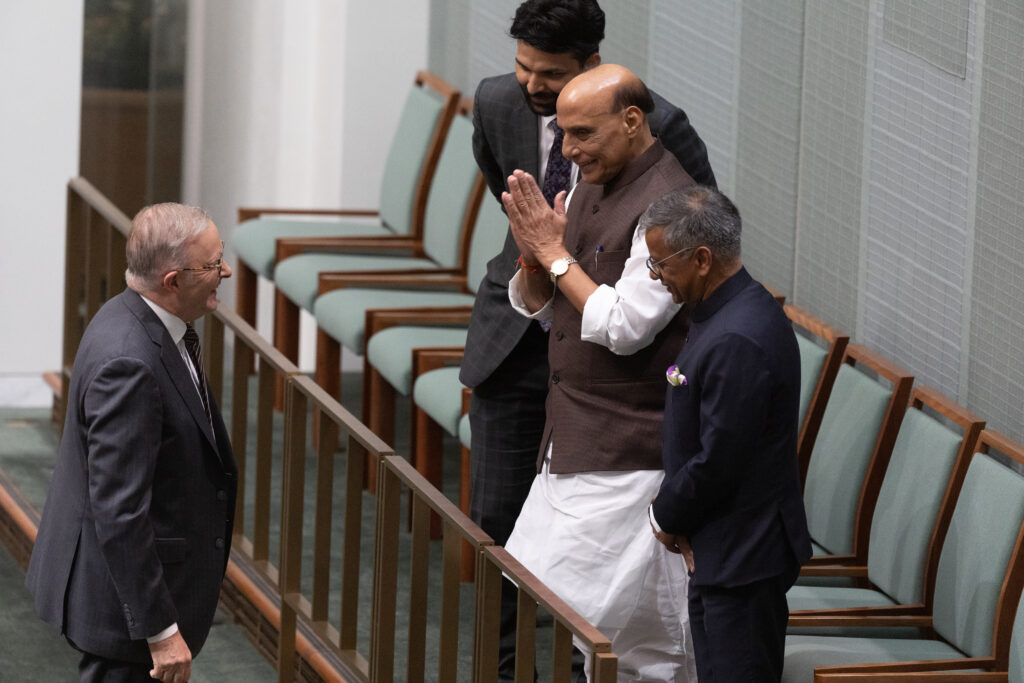
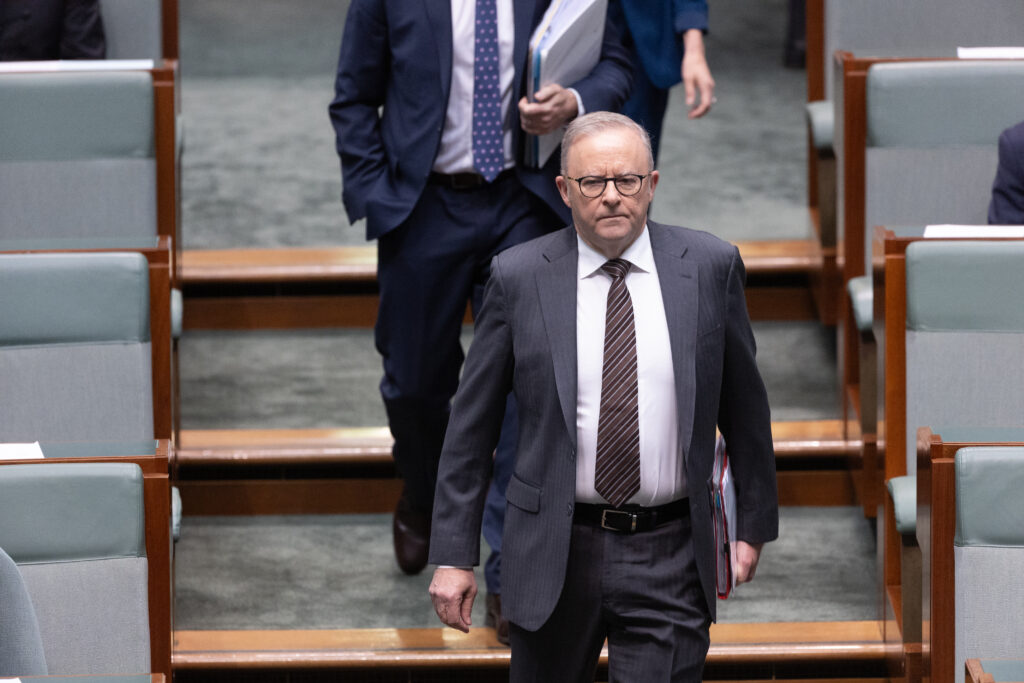
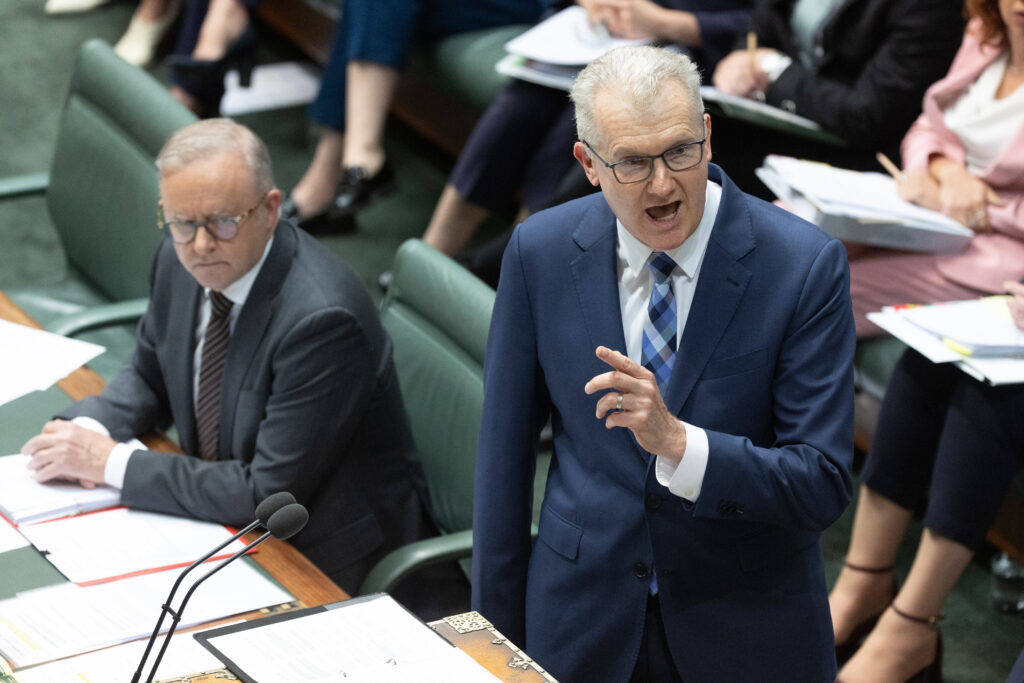






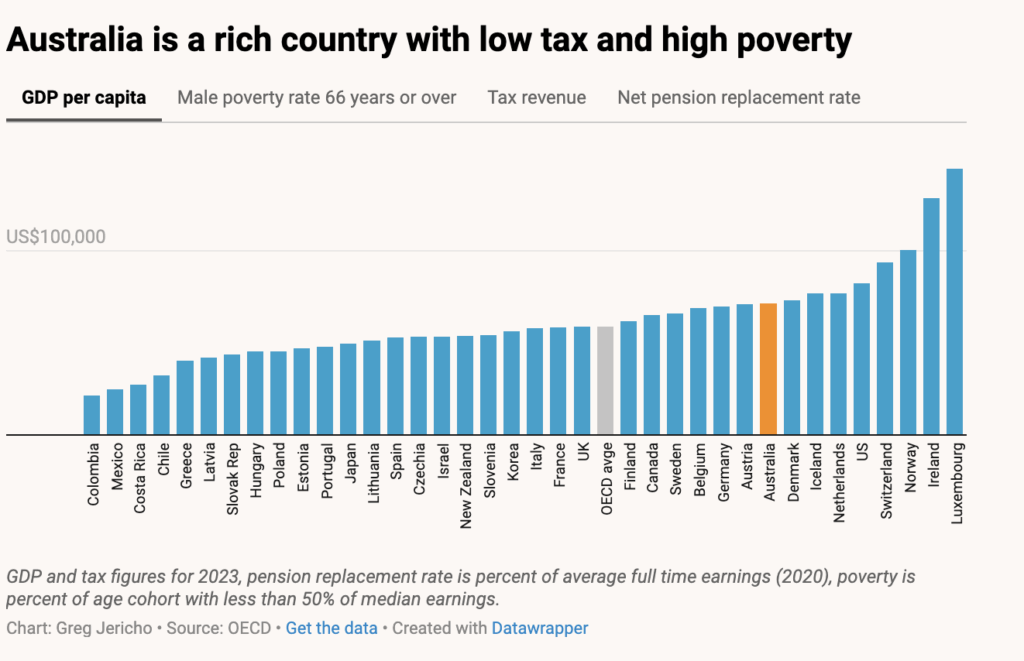
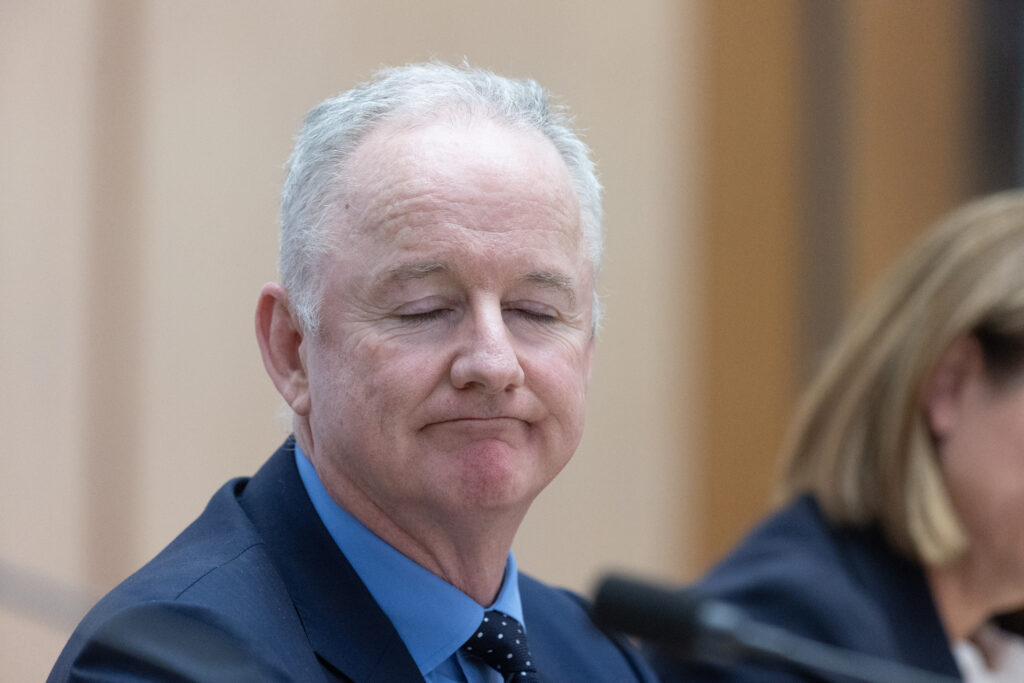
Comments
Start the conversation